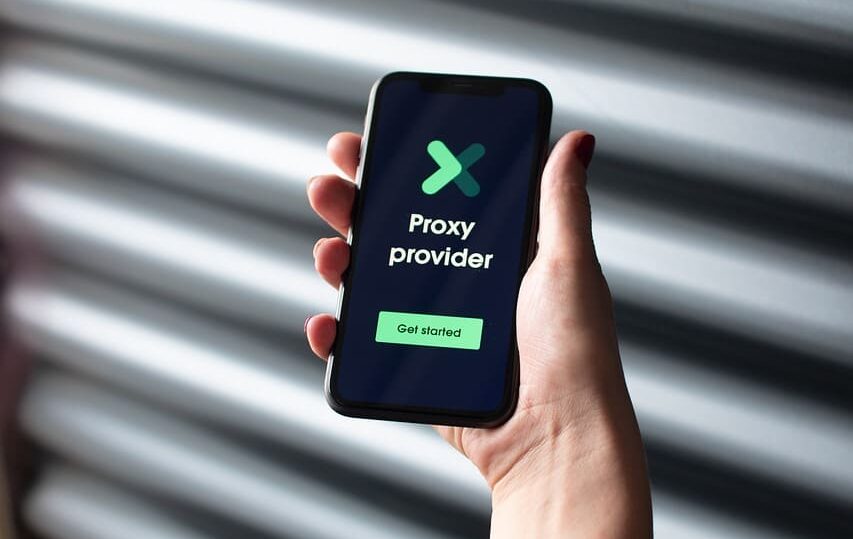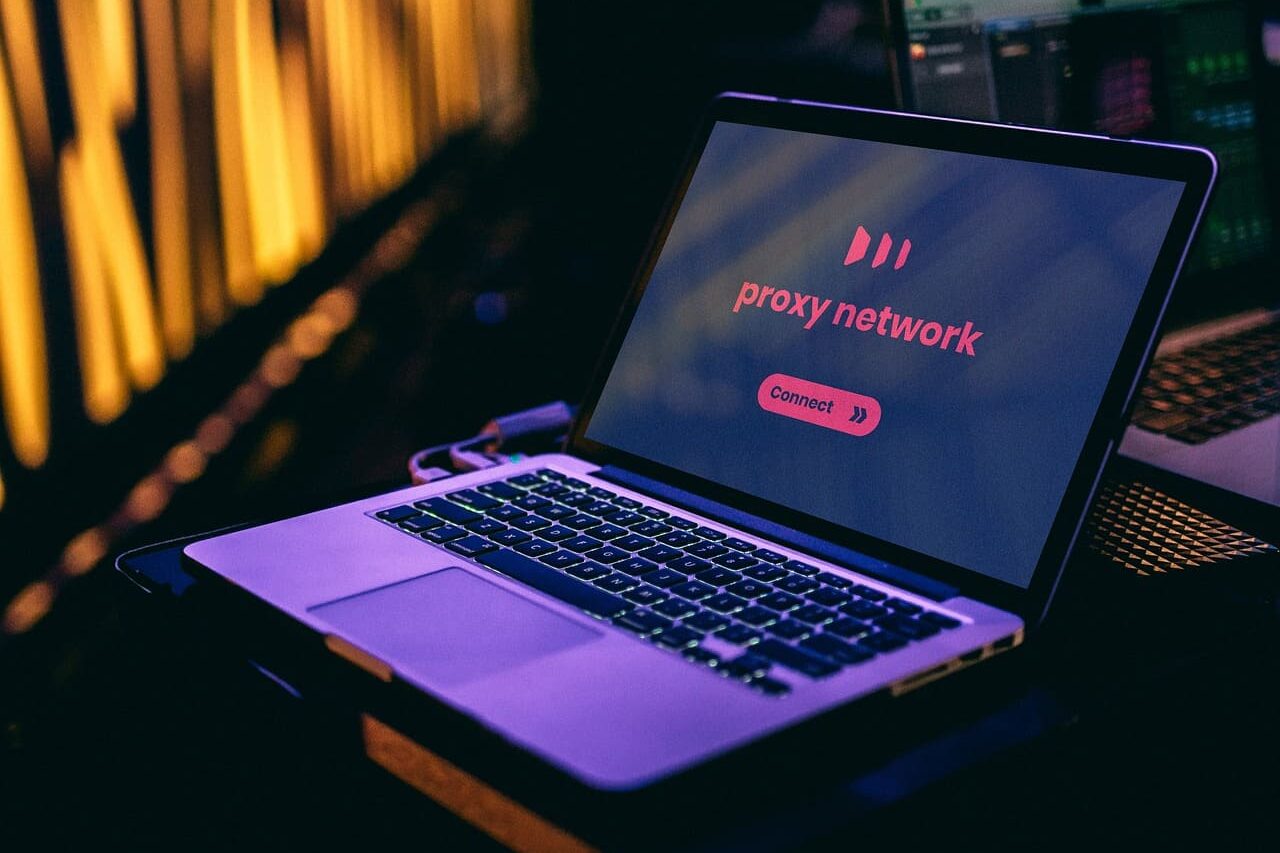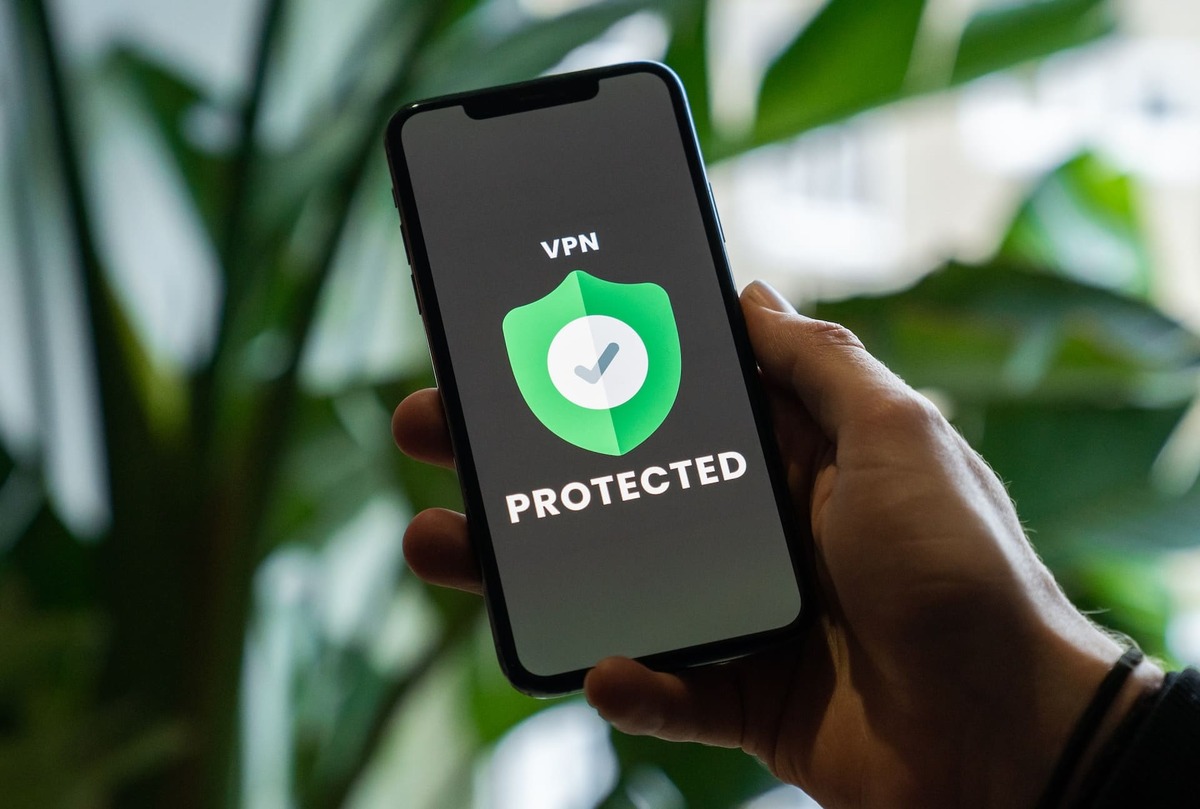
OpenAI complies with US law by blocking access to its services from sanctioned countries, including Russia, Iran, and several others. If you are a developer and actively integrate ChatGPT into your projects, you will need access to OpenAI via a proxy. Our company, LTESocks, provides the appropriate proxies for software and API integrations. How to bypass OpenAI blocking? Read about it in our new publication.
Why might ChatGPT and OpenAI be unavailable in your region?
We already mentioned this at the beginning. Sanctions are the main reason why you cannot take advantage of modern technologies. Sometimes countries shut down access themselves, as was the case with Italy, for example. Iran, North Korea, and China independently block their citizens’ access to Western technologies. However, this does not prevent their hackers from actively using advanced developments to attack the infrastructure of Western countries.
In such regions, a proxy for ChatGPT is required to access the neural network. With its help, you can:
- bypass restrictions;
- redirect Internet traffic through a secure intermediate server;
- ensure the confidentiality of your presence.
Incidentally, a proxy for web surfing works on the same principle.
How does access to OpenAI via a proxy work?
A reliable proxy for OpenAI allows you to bypass regional blocks while maintaining anonymity and confidentiality. You can check the proxy server online using our checker.
What is a proxy, and why is it needed for the ChatGPT API?
A proxy is an intermediary that masks the user’s real IP address. If OpenAI does not work in your country, a properly configured proxy server selected from the permitted regions will allow the client not only to bypass geographical restrictions and ensure anonymity, but also to log in from multiple accounts with different IP addresses without fear of being blocked. Our proxies for bypassing restrictions have long proven their effectiveness and security.
What restrictions can be bypassed with a proxy?
By using the ChatGPT API through a proxy, you can work with all neural network tools in regions where access to it is blocked. Be sure to choose paid proxy servers that provide long-term IP masking. Check out the available locations and proxy rates on our website.
How to choose a proxy?
When choosing a proxy, you need to look at several important parameters. One of them is location. We recommend choosing countries from the official OpenAI list: the US, Canada, the UK, and Germany. Servers in Asia often provide an unstable connection.
The following proxies are best suited for working with the API:
HTTP/HTTPS – easy to configure;
SOCKS5 – characterized by high speed, supports UDP;
Resident proxies are the most reliable, but they are more expensive.
For the specified purpose, a minimum speed of 10 Mbps and a ping of no more than 200 ms are required. Slow proxies will result in timeouts. In addition, the proxy must correctly process SSL certificates.

Configuring access to the ChatGPT API via a proxy
Configuring API access differs from the standard proxy configuration in Windows or using special programs. Checking proxy access and functionality is essentially part of your project. It has become customary to perform this check using the Python programming language. Here is an example of the code—you can improve it if you wish:
python
import httpx
from openai import OpenAI
# Proxy settings
proxy_url = “http://username:password@proxy-server:port”
# Creating a client with a proxy
client = OpenAI(
api_key=’your-api-key’,
http_client=httpx.Client(
proxies={
“http://”: proxy_url,
“https://”: proxy_url
},
timeout=60.0
)
)
# Use API
response = client.chat.completions.create(
model=”gpt-4″,
messages=[{“role”: “user”, “content”: “Привет, ChatGPT!”}]
)
print(response.choices[0].message.content)
Node.js с https-proxy-agent:
javascript
import OpenAI from ‘openai’;
import { HttpsProxyAgent } from ‘https-proxy-agent’;
// Proxy agent configuration
const proxyUrl = ‘http://username:password@proxy-server:port’;
const agent = new HttpsProxyAgent(proxyUrl);
// Client initialization
const openai = new OpenAI({
apiKey: ‘your-api-key’,
httpAgent: agent,
timeout: 60000
});
// Sending a request
async function testConnection() {
const completion = await openai.chat.completions.create({
model: ‘gpt-3.5-turbo’,
messages: [{ role: ‘user’, content: ‘Test connection’ }]
});
console.log(completion.choices[0].message.content);
}
Practical recommendation: store proxy data in environment variables and use IP address rotation to increase reliability.

How to check if the proxy works with OpenAI?
Before showing the final application to the customer or putting the project up for sale, test the connection. Here is an example script for testing:
python
import requests
import time
def test_proxy_connection(proxy_url, api_key):
proxies = {
‘http’: proxy_url,
‘https’: proxy_url
}
headers = {
‘Authorization’: f’Bearer {api_key}’,
‘Content-Type’: ‘application/json’
}
# Test 1: Checking API availability
try:
response = requests.get(
‘https://api.openai.com/v1/models’,
headers=headers,
proxies=proxies,
timeout=30
)
if response.status_code == 200:
print(“✓ Proxy works with OpenAI API”)
print(f”Models available: {len(response.json()[‘data’])}”)
else:
print(f”✗ Error: HTTP {response.status_code}”)
print(response.text)
except Exception as e:
print(f”✗ Connection error: {e}”)
return False
# Test 2: Speed check
start_time = time.time()
test_data = {
“model”: “gpt-3.5-turbo”,
“messages”: [{“role”: “user”, “content”: “Hi”}],
“max_tokens”: 10
}
try:
response = requests.post(
‘https://api.openai.com/v1/chat/completions’,
headers=headers,
json=test_data,
proxies=proxies,
timeout=30
)
elapsed = time.time() – start_time
print(f”✓ Response time: {elapsed:.2f} sec”)
return True
except:
print(“✗ Speed test failed”)
return False
# Use
test_proxy_connection(
‘http://user:pass@proxy.example.com:8080’,
‘sk-your-api-key’
)
An alternative verification option is our proxy checker. This is a special web application that automates verification and displays detailed statistics on connection speed and stability.
Possible connection errors and how to resolve them
Incorrect routing, incorrect DNS settings, and proxy server configuration can cause timeouts, blocking, and unstable data transfer. Our experts will help you identify the causes and resolve the issues.
Conclusion: how to use ChatGPT with a proxy safely and stably?
A reliable paid proxy server – SOCKS5 or HTTPS (HTTP CONNECT) – will ensure safe and stable operation with the neural network. If you configure its connection professionally, you will gain access to chatbot tools in regions where access to it is restricted or blocked.









